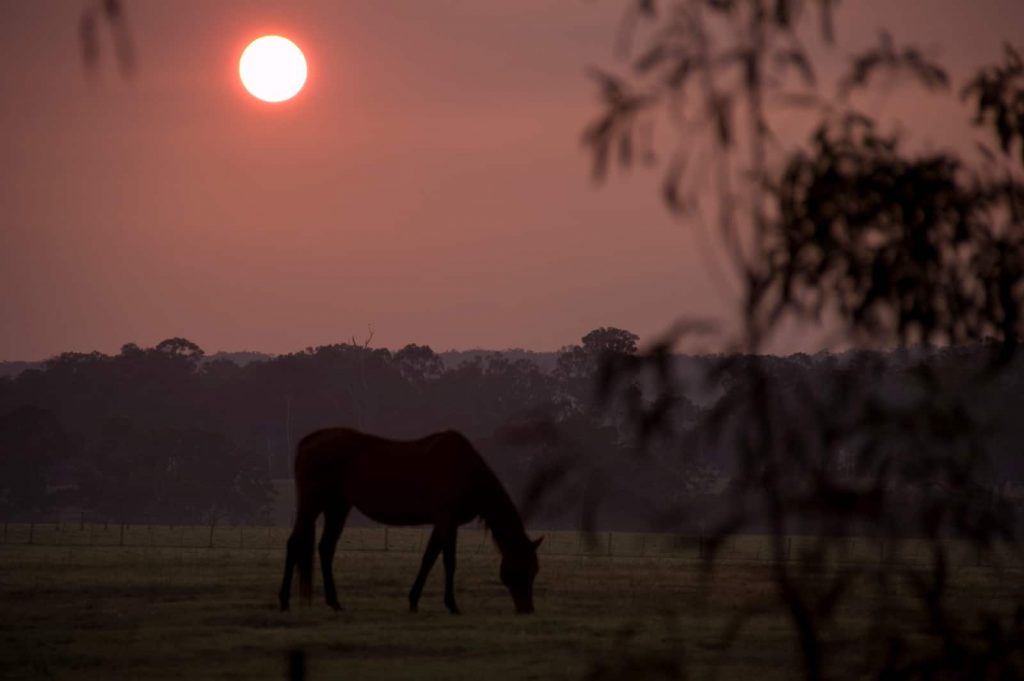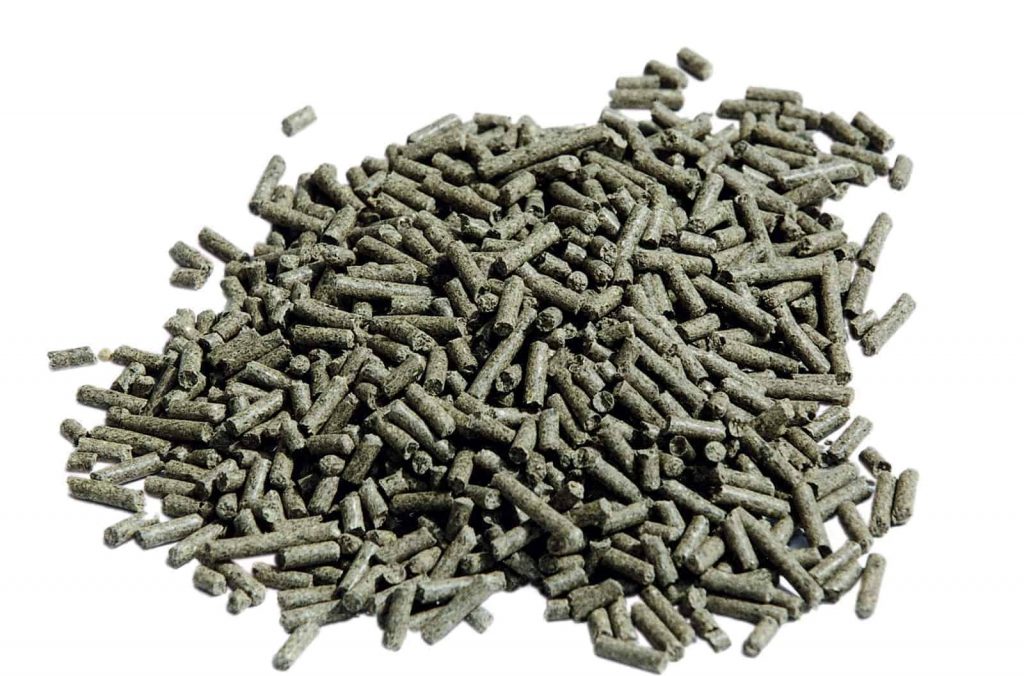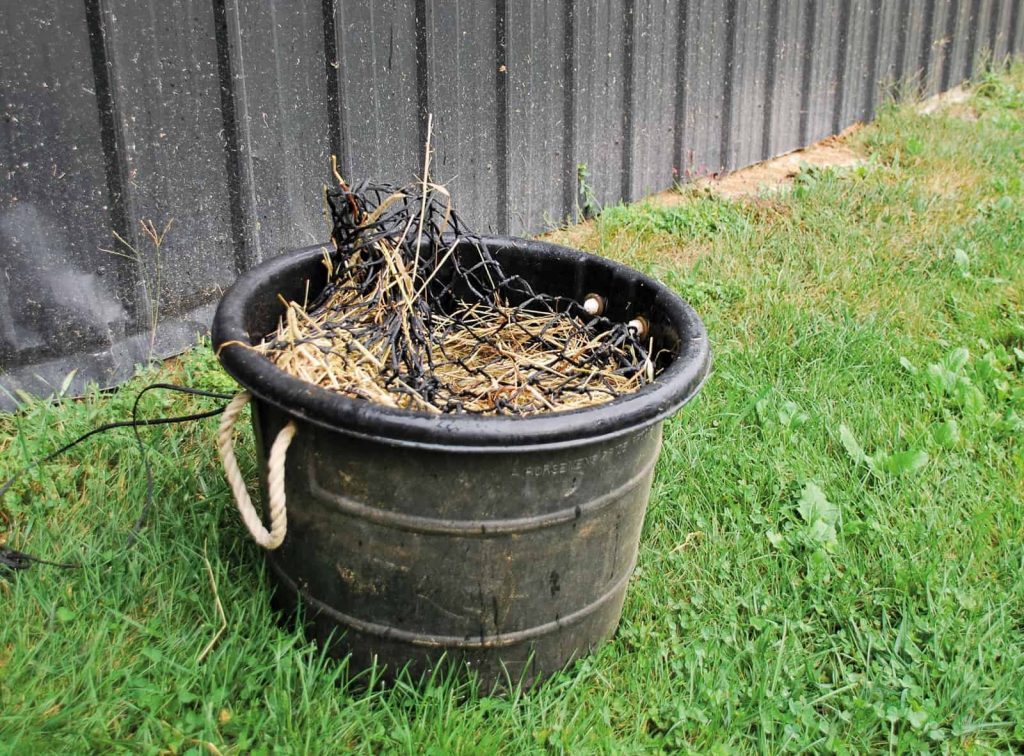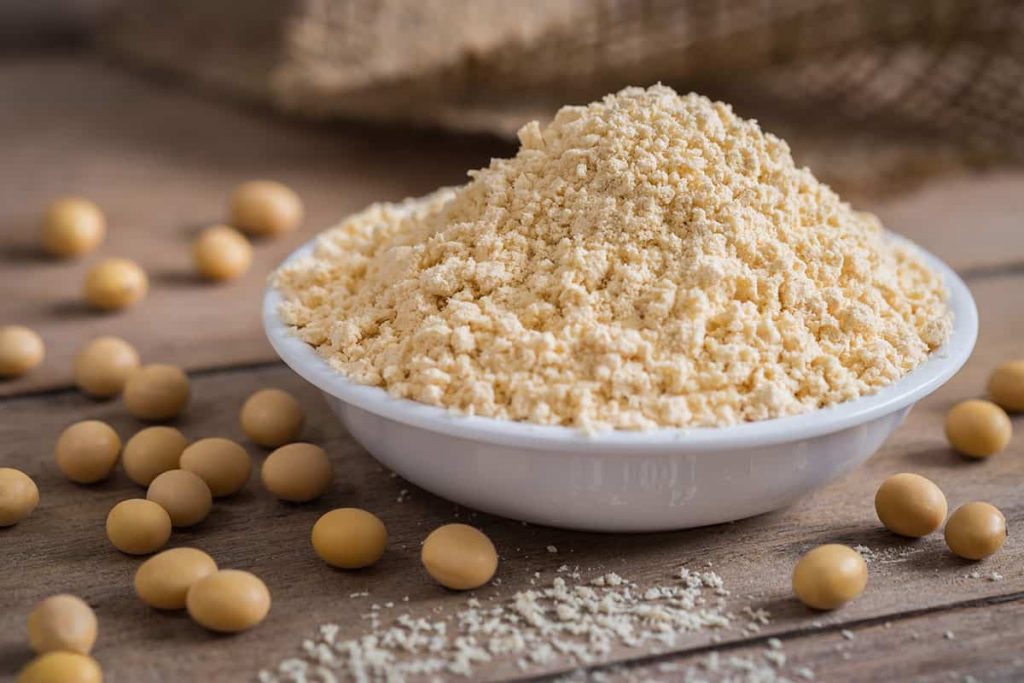
Optimizing Your Horse’s Feeding Program
Follow these 3 steps to feed your horses efficiently and potentially help reduce your feed bill.
Equine experts answer your questions about equine nutrition and feeding horses in this series of Q&As.
Sponsored by Purina Animal Nutrition.
Do you have an equine nutrition question? The Horse’s editors want to hear from you! Send your questions to editorial@TheHorse.com.

Follow these 3 steps to feed your horses efficiently and potentially help reduce your feed bill.

If your horse is living in an area with poor air quality, he might benefit from wet or steamed hay and omega-3 supplementation.

If your horses have poor hoof quality, consider making changes to their diet to help strengthen their hooves.

Addressing your OTTB’s diet in three phases will help you provide the nutrition he needs to thrive in his new career.

Horses with PSSM1 might benefit from magnesium supplementation, but it is important to use the right form and reevaluate its effects on your horse periodically.

Certain groups of horses can benefit from eating soaked alfalfa pellets, which are the finely chopped and compressed form of the nutrient-dense legume.

Phytoestrogens in horse diets might have physiological effects on mares. An equine nutritionist explains how and why.

Does your horse need a salt block? Should you top-dress their feed? An equine nutritionist weighs in.

Horses living in areas with sandy soil are at a greater risk of sand colic and impactions. An equine nutritionist offers advice on mitigating this risk.

Is it safe to feed your horse alfalfa pellets and grain alone? An equine nutritionist weighs in on the subject.

Soaking hay for horses with PPID or insulin dysregulation can reduce the WSC and ESC values, making it safer for these horses to consume.

Miniature Horses with allergies can be challenging to manage and might have different dietary needs than their larger counterparts.

Soybean meal can be a good source of protein for horses but cannot serve as a horse’s entire feed ration. An equine nutritionist offers alternatives and additions to soybean meal in horses’ diets.

Choosing a diet that is low in starch and sugar can help reduce excess muscle glycogen storage in horses with PSSM.

One nutritionist discusses the unique dietary needs of mules.

Be sure to support your horses’ changing nutritional needs as they start working harder in the warmer weather.
Stay on top of the most recent Horse Health news with
Notifications